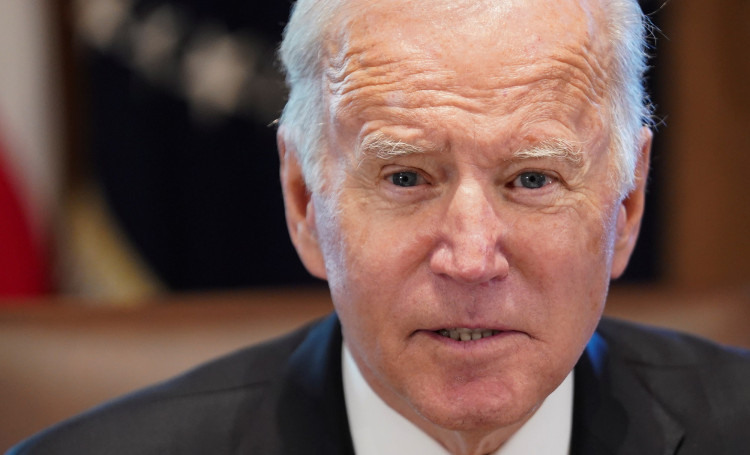The United States, alongside its European allies, is poised to impose sanctions on Chinese companies suspected of bolstering Russia's military campaign in Ukraine. This development comes amid mounting evidence that Beijing's economic cooperation with Moscow extends to the provision of crucial technology and equipment, potentially exacerbating the conflict in Eastern Europe.
Democratic Senator Gerald Connolly, a prominent figure on the U.S. House Committee on Foreign Relations, articulated the growing consensus in Washington that Beijing's tacit support for Moscow's military ambitions could no longer be overlooked. Speaking at the Munich Security Conference, Connolly emphasized the dire consequences that China might face should it continue down this path.
"China has to understand that the same kinds of sanctions which are beginning to really take hold in Russia and are affecting Russian productivity, economic performance, and quality of life, can also be applied to China," he stated, highlighting the significant leverage the West holds in this geopolitical chess game.
The potential sanctions against Chinese entities mark a bold strategy aimed at curtailing Russia's war machinery, which has shown resilience despite existing Western sanctions. A CNBC investigation revealed that Chinese firms have been instrumental in enhancing Russia's military capabilities, including facilitating the transfer of battlefield technologies. This collaboration has drawn sharp criticism, with Western powers accusing Beijing of enabling Moscow to sidestep the punitive measures intended to isolate it on the global stage.
The European Union, not far behind the U.S. in its resolve, has laid out plans to target Chinese companies for the first time, aiming to close the loopholes that have allowed Russia to channel military technology through third countries to its weapons factories. This proposed action, which includes sanctions against entities in mainland China, Hong Kong, and even India, underscores the EU's determination to tighten the noose around the Russian war effort.
China, for its part, has steadfastly defended its trade relations with Russia as "normal economic cooperation," dismissing allegations of its involvement in the conflict. Chinese Foreign Minister Wang Yi, in a speech at the Munich Security Conference, warned against the weaponization of trade and cautioned that attempts to limit trade ties with China would be a "historic mistake."
As the U.S. and EU deliberate over these unprecedented sanctions, the global community watches closely, aware that the ramifications extend far beyond the immediate geopolitical dispute. Sanctioning Chinese firms would not only signal a new phase in Western diplomatic efforts but also highlight the intricate interdependencies that define our global economy. With China's economic performance already under strain, the threat of sanctions looms large, potentially altering the course of international relations in a world still grappling with the lingering effects of the pandemic and existing geopolitical tensions.
The stakes are high, and the message from the West is clear: support for Russia's military actions in Ukraine will not be tolerated, and those aiding Moscow's war efforts, directly or indirectly, will face significant consequences. As these deliberations continue, the international community remains on edge, anticipating the next moves in a high-stakes geopolitical confrontation that could reshape the global order.






